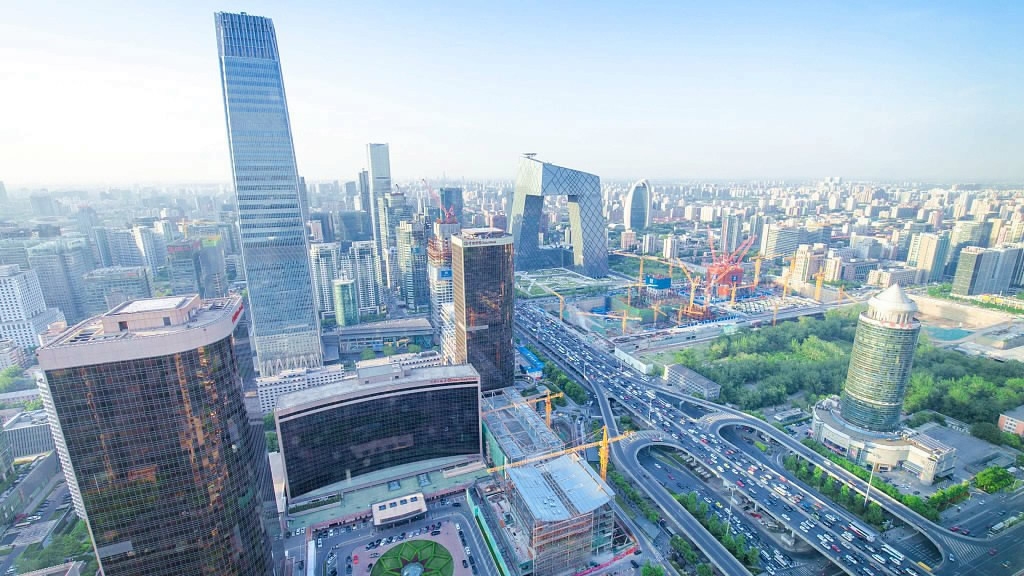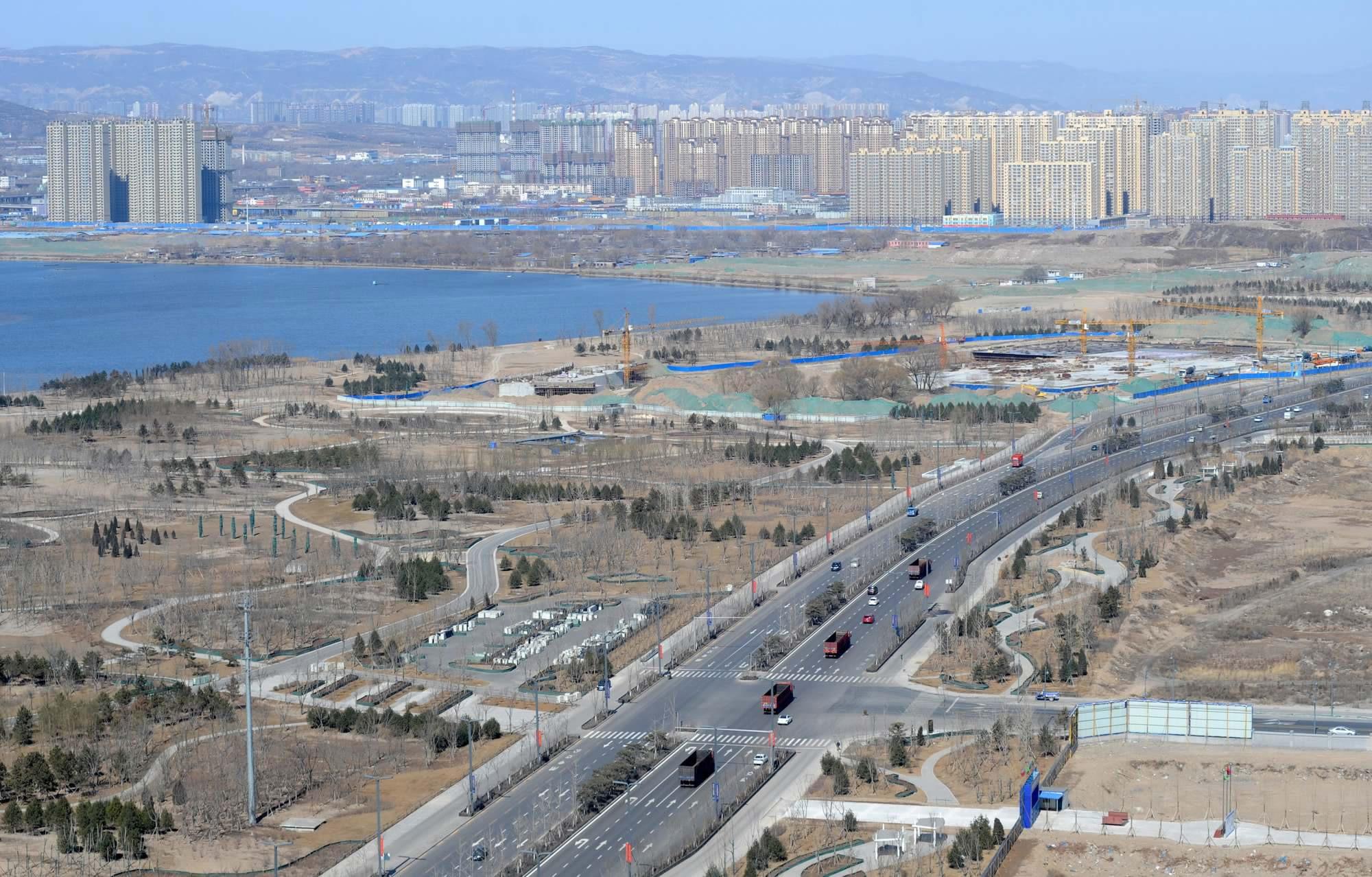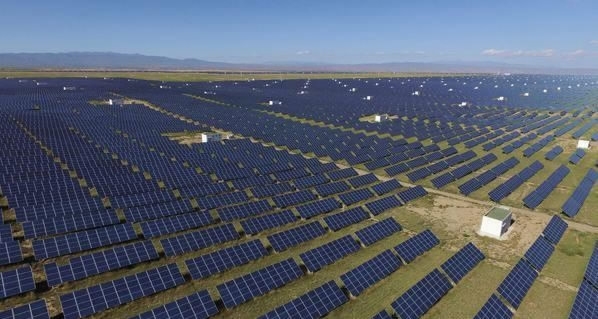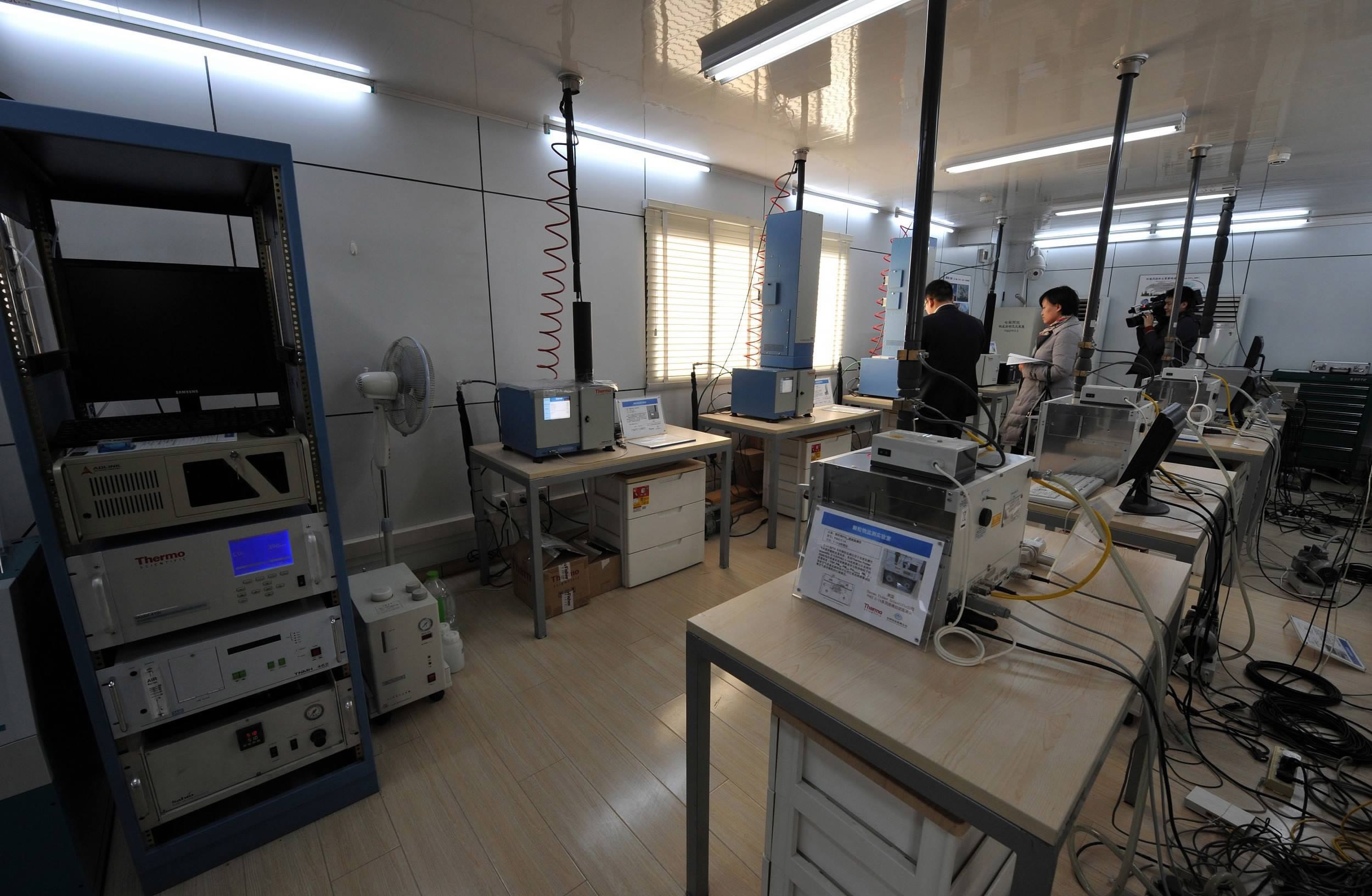
Opinions
11:57, 29-Aug-2017
Opinion: For clean air we need concerted efforts
By Song Guojun from China Daily

President Xi Jinping has reiterated the importance of combating air pollution, and emphasized that a blue sky also brings happiness.
To improve the quality of air we breathe, emission control technologies have to be improved to target the source of pollutants, for which more financial input is needed. Also, there is an urgent need to strike a balance between environmental protection and economic development.
Since China's economy was a planned economy for decades before the reform and opening-up policy was implemented in the late 1970s, the country needs a longer time to coordinate its environmental policy with the market economy system, whose requirements are varied and ever-changing.
In other words, China has to have in place both short-term and long-term environmental policies which will also take economic development into consideration, in order to improve the air quality. Of course, the main focus of those policies should be long-term environmental governance.

Air quality has improved in Taiyuan, Shanxi Province, a coal producer in China. / CFP Photo
Air quality has improved in Taiyuan, Shanxi Province, a coal producer in China. / CFP Photo
Long-term air quality management must focus on controlling air pollution at source, both manmade and natural sources. Manmade sources include stationary sources such as power plants and factories, mobile sources like motor vehicles, aircraft and marine vessels, and disposal of waste in landfills and incinerators. And natural sources include dust, wildfires and the methane emitted by animals.
To control pollution from stationary sources, the coordination among law-enforcement agencies, administrative departments in charge of environmental protection and enterprises has to be strengthened. And to control pollution from mobile sources, the authorities need to develop cleaner energy and ecofriendly vehicles such as "zero-emission" cars.
Pollution is also caused by sewers and hydrological modifications (rainfall and melting ice), in which tracing the pollution to a single source is difficult. And since such kind of pollution is hard to measure, only a holistic approach to combating pollution needs to be adopted. This will ensure actions to improve air quality do not depend solely on pollution data.

The Longyangxia Dam Solar Park, the largest of its kind in the world. /Chinese media photo
The Longyangxia Dam Solar Park, the largest of its kind in the world. /Chinese media photo
On the other hand, short-term pollution control measures must gradually fit into the overall, long-term strategy to combat air pollution. The short-term measures should include emergency management of air quality and minimizing the use of coal. Emergency management of air quality include temporarily shutting down polluting plants and restricting the use of cars in certain regions on days when the wind is not strong enough to diffuse the pollutants.
To minimize the use of coal, the authorities should take measures to substitute coal with clean energy such as natural gas and electricity, and promote the use of high quality coal and clean coal technology. And to formulate a long-term air pollution control strategy, the authorities should establish a regional air quality evaluation system, divide the regions into qualified areas and substandard areas, and focus on pollution control measures.

Air sampling equipment at the CNEMC. /VCG Photo
Air sampling equipment at the CNEMC. /VCG Photo
They should also establish a management system to regulate stationary polluting sources, and set national emission standards for different industries, by classifying them into sub-groups depending on the manufacturing and pollution-control technologies they use.
Besides, the authorities should also have in place a unified licensed permit system, distinct from the existing dispersed management system, for pollution discharge and control.
(This piece was originally published in China Daily. The author is a professor at the School of Environment and Natural Resources, and a research fellow at the National Academy of Development and Strategy, Renmin University of China. The article reflects the author's opinion, and not necessarily the views of CGTN.)
Source(s): China Daily

SITEMAP
Copyright © 2018 CGTN. Beijing ICP prepared NO.16065310-3
Copyright © 2018 CGTN. Beijing ICP prepared NO.16065310-3